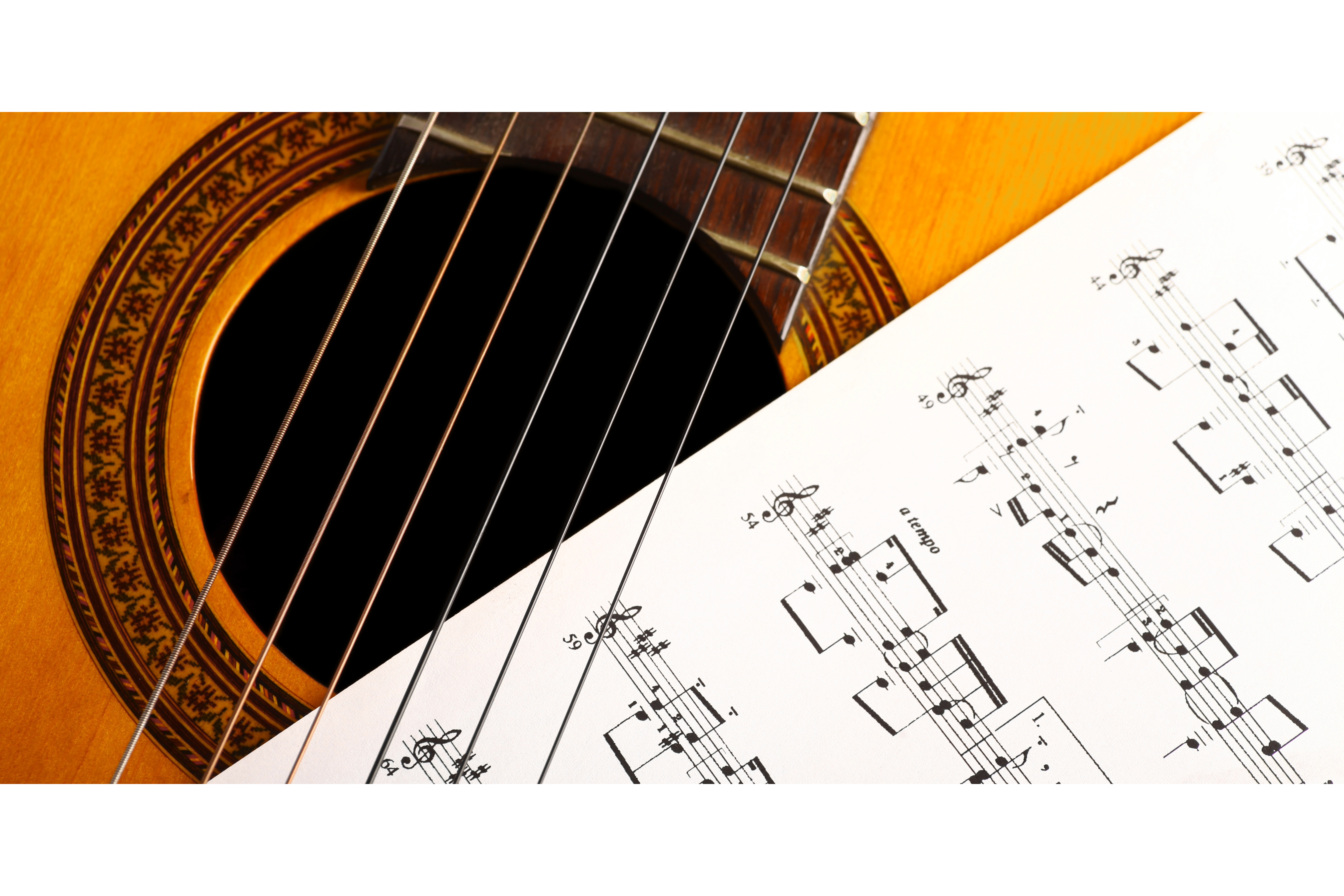Many classical guitar students find practicing scales tedious and uninteresting. As a teacher, I understand this sentiment to a certain extent. For beginners, it may be difficult to see how playing a repetitive sequence of notes can significantly improve their overall performance. Teachers often get caught up in preparing students for exams by focusing on “those three pieces and that bunch of scales,” sometimes forgetting the student’s experience. Common phrases like “You need to practice your scales more!” or “If you don’t learn your scales, you’ll fail the exam” create a cloud of pressure around each guitar lesson.
Myself, not being an exception, have often given such advice, knowing that it merely postpones the problem to the following week. However, some students and parents expect this, and as a teacher, you can feel it. We live in an extremely tense time, where even small routine tasks can feel overwhelming and frustrating for many of us.
The Challenge of Patience in Music Practice
I remember an incident a few years ago when I was contracted to play at a shopping mall. Part of my contract involved interacting with the public. One evening, a well-dressed young man approached me and complimented my playing. He requested “Asturias” by Isaac Albeniz. I agreed to play it but asked if he would listen to the entire eight-minute piece. He checked his watch and politely declined, explaining that his friends were waiting for him in a café. We exchanged pleasantries, and he left.
This encounter highlights the challenge of patience, not just in listening to classical guitar but in life. If adults struggle to focus on a complete piece, imagine how difficult it must be for a child to sit through repetitive scales! This lack of patience extends to their music practice as well.
Building a Productive Practice Routine
To address this, teachers and parents should work together to help students understand the importance of music practice. Creating an enjoyable and effective practice routine is crucial. Occasionally, turning lessons into practice sessions can give students a better understanding of how to practice on their own.
Writing exercises or pieces that incorporate scales the student will learn later can also be beneficial. This approach is contrary to many teaching manuals, which introduce the scale first and then follow it with a piece or etude. Allowing students to experience the benefits of playing a single scale or technical exercise, rather than overwhelming them with multiple scales, can be more effective. This concept aligns with Emilio Pujol’s “Guitar School,” which is based on Francisco Tarrega’s principles.
Making Scales Engaging and Relevant
Presenting scales as small pieces of music, using different rhythmic combinations, articulations, and dynamics, can make practice more engaging. This method allows students to focus on specific aspects of performance, rather than just the scale itself. Such an approach can help students recognize the importance of scales in music education, ultimately enhancing their motivation.
It’s also important to avoid giving students the wrong impression about technique. Statements like “Technique doesn’t matter” or “Music is not a sport” can be misleading. Technique is crucial, and this should be emphasized at every opportunity. Just as a math teacher would never dismiss the importance of learning the multiplication table, music teachers should highlight the significance of technical mastery.
Emphasizing the Importance of Practice
Finally, students need to understand that exams, concerts, or performances are just outcomes—the results of the other 99.9% of the time spent practicing and working on technique. Therefore, it’s vital to make that 99.9% of practice time as enjoyable and productive as possible. Once students develop a steady, consistent, and joyful practice routine, the results will naturally follow.
Making scales and technical exercises an integral, enjoyable part of the learning process is essential for long-term success in classical guitar. By doing so, students can develop not only their technical skills but also a deeper appreciation for the music they play.

Leave a Reply